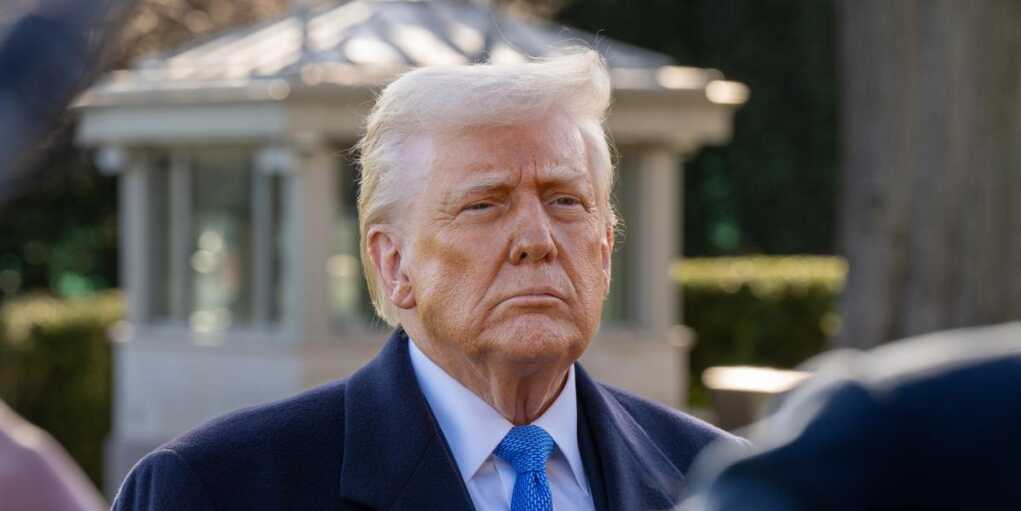Trump Wins Big Legal Battle Over Trans Military Ban

In a landmark 6-3 ruling on Tuesday, the U.S. Supreme Court cleared the way for the Trump administration to move forward with its ban on transgender individuals serving in the military, striking down a lower court’s injunction that had blocked the policy from taking effect.
The decision is a major win for President Donald Trump and his Pentagon leadership, who have argued that the presence of transgender troops could compromise military readiness and effectiveness. The justices granted the administration’s emergency appeal, effectively reinstating the policy immediately while the case plays out in the courts.
Conservatives hailed the ruling as a long-overdue return to military priorities rooted in performance and cohesion rather than identity politics. “This is about readiness, not social experiments,” a senior administration official told the Daily Caller.
Originally unveiled during Trump’s first term in 2017 via Twitter, the policy went through multiple revisions before being formally adopted. It allows transgender individuals to serve only if they do so in accordance with their biological sex, effectively barring those who have undergone or are undergoing gender transitions from joining or continuing military service.
The legal fight over the policy has raged for nearly a decade. Under President Biden, the policy was repealed in 2021. However, Trump reinstated it shortly after returning to office in 2025, citing military studies and internal Defense Department reports that pointed to increased medical costs and disruptions associated with accommodating gender-transitioning service members.
Tuesday’s Supreme Court decision comes after a lower court sided with activists who sued to block the renewed ban. The district judge had argued the policy was discriminatory and violated the constitutional rights of transgender individuals. But the high court’s conservative majority disagreed, at least temporarily, signaling strong deference to the executive branch in military matters.
Chief Justice John Roberts and Justices Clarence Thomas, Samuel Alito, Neil Gorsuch, Brett Kavanaugh, and Amy Coney Barrett joined in the majority. Justices Sonia Sotomayor, Elena Kagan, and Ketanji Brown Jackson dissented.
Legal analysts note that while this ruling doesn’t permanently settle the issue, it makes clear the court sees the policy as a legitimate use of presidential authority over the armed forces. “It’s not a final verdict on the merits, but it does suggest the justices are skeptical of the arguments against the policy,” said one legal scholar.
Predictably, left-wing groups erupted in outrage. The ACLU called the decision “a betrayal of equality,” and progressive lawmakers vowed to fight the policy in Congress. But with Republicans firmly in control of both chambers, such efforts are likely to go nowhere.
Meanwhile, former Defense Secretary Pete Hegseth—who oversaw implementation of the policy—praised the ruling and said it reinforces “a warrior ethos, not a woke ethos” in America’s fighting forces. Hegseth, now nominated for a permanent position as Secretary of Defense, called the policy “common sense” in a recent Senate confirmation hearing.
As the Trump administration continues its broader rollback of Biden-era cultural policies in the federal government, Tuesday’s ruling marks a pivotal moment in restoring what officials call “military sanity.” For now, the Pentagon is wasting no time in implementing the reinstated ban.
“This is about winning wars, not winning culture battles,” said one White House official. “We’re putting America’s security first again—and the Supreme Court just backed us up.”

